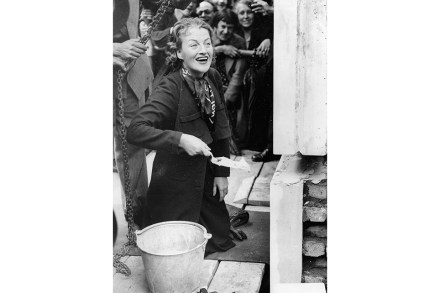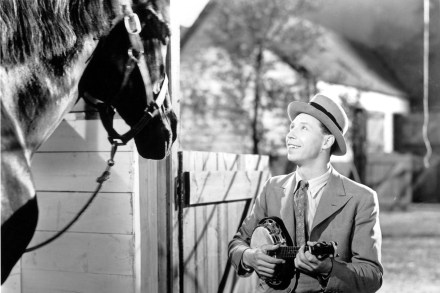What Britain owed to Gracie Fields
Simon Heffer is the supreme Stakhanovite among British writers. Where the original Stakhanov moved 227 tonnes of coal in a single shift, within the past decade Heffer has produced four massive volumes of modern British history, each little less than 1,000 pages. Alongside them he has edited three equally voluminous diaries of the waspish socialite MP ‘Chips’ Channon, as well as writing regular reviews and columns. Hats off to the master! In this latest and final volume of his tetralogy chronicling the British century between Queen Victoria’s accession in 1837 and Neville Chamberlain’s reluctant declaration of war on Germany in 1939, Heffer once more treats us to his vast knowledge


